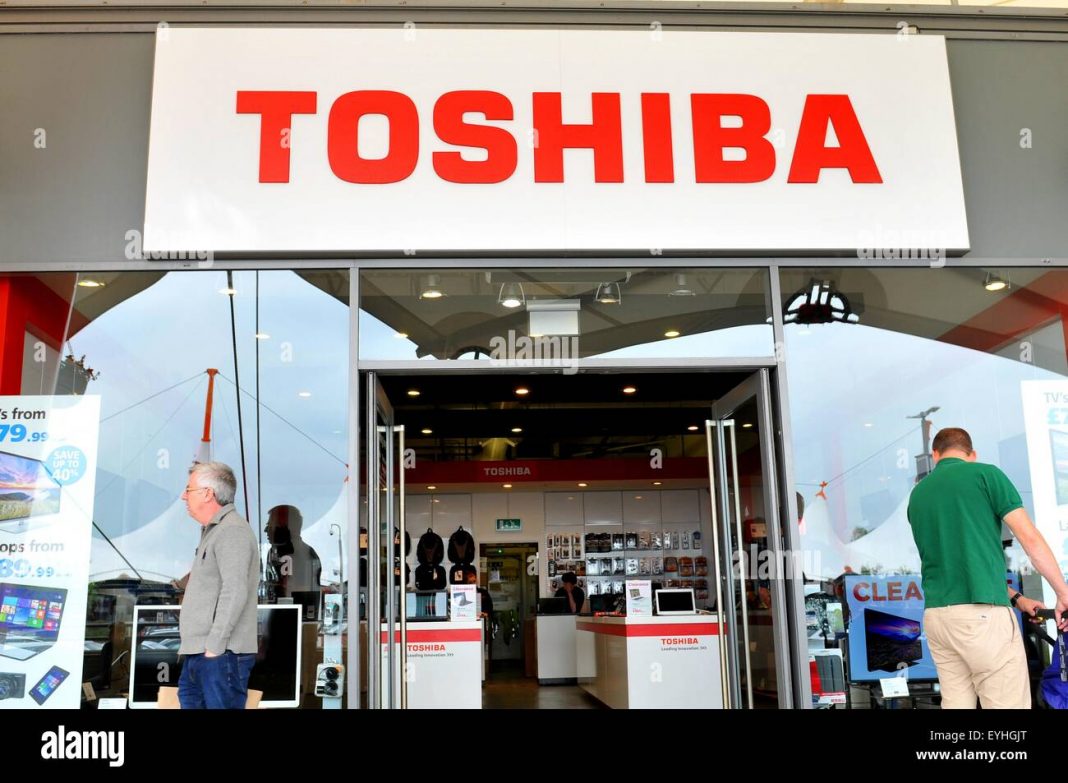Toshiba Corp (6502.T) announced plans to split into three entities on Friday in an attempt to placate dissident shareholders who have demanded a fundamental makeover of the Japanese conglomerate following years of scandals.
Toshiba’s breakdown comes the same week that General Electric (GE.N) called time on its huge empire and Johnson & Johnson (JNJ.N) announced its own breakup, an uncommon step in a country dominated by corporations.
Toshiba, which was founded in 1875, proposes to combine its energy and infrastructure operations into one company, while hard disc drives and power semiconductors will be the backbone of another. Toshiba’s interest in flash memory chips will be managed by a third party.
According to sources familiar with the situation, the strategy is partially aimed to persuade activist shareholders to sell their stakes after a five-month strategic review following a severely damaging corporate governance crisis. A breakup, on the other hand, runs opposed to activist investors’ calls for Toshiba to be taken private, and several significant shareholders believe the plan will fail to pass an extraordinary general meeting scheduled for March.
Despite the fact that the makeover was disclosed after Japanese markets had closed, the company’s Frankfurt-listed shares plummeted 4% at the open on Friday, indicating investor dissatisfaction. In relatively low volume, the shares later recovered somewhat.
Toshiba’s strategic review committee said the idea of going private had raised concerns internally about the impact on its businesses and staff retention while offers from private equity firms were not compelling relative to market expectations.
Private equity firms had also conveyed concerns about completing a deal due to possible conflicts with Japan’s national security law and potential opposition from antitrust regulators, the company said.
“After much discussion, we reached the conclusion that this strategic reorganization was the best option,” Chief Executive Satoshi Tsunakawa told a news conference.












